What if you could have your chocolate cake and eat it too? Chocolate not only makes for a delicious drink or dessert, but the cocoa used to create it might be ‘choc-ful’ of health benefits. Grab your chocolate squares (or banana chocolate dessert wrap!) and find out how eating one of your favorite treats could be your new form of self-care!
what makes chocolate so special?
The health benefits of chocolate come from the cocoa inside the chocolate. Chocolate is made with dried, roasted cacao beans (cocoa beans) often mixed with sugar, milk, and other ingredients to form what you would usually think of as a chocolate or candy bar. These cocoa beans contain important minerals your body needs like potassium, phosphorus, copper, iron, zinc, and magnesium (1).
Cocoa is naturally full of polyphenols, which are compounds rich in antioxidants. However, these compounds make the chocolate bitter and less palatable. Processing techniques take away this bitterness and, in turn, lower the amount of polyphenols by about 10 times (1). Chocolate bars are often labeled with “% cocoa solids,” so check for this wording — the higher the percent of cocoa solids, the higher the antioxidant activity (2).
what benefits do cocoa’s polyphenols have?
Eating chocolate high in polyphenols may help several of your body’s systems from your heart, to your brain, and even your immune system! Check out what some of the emerging research is finding about the health benefits of cocoa:
Cardiovascular
- May lower risk of stroke (3)
- Promotes vasodilation and reduced artery pressure (4)
- May lower risk of heart attack or heart disease (5)
Neurological
- Helps regulate brain function (6)
- May protect against neurodegenerative disorders (7)
- May lower risk of cognitive decline in older subjects (8)
- May promote better cognitive performance over the short term (8)
Metabolic
- May lower risk of Type 2 diabetes (9)
- May lower risk of gestational diabetes (9)
- May slow carbohydrate digestion and absorption (10)
- May improve insulin sensitivity (10)
- May lower total and LDL (bad) cholesterol (11)
Psychological
- Can improve satiety (12)
- Triggers an increase in serotonin in the brain that makes your body feel energy and pleasure (13)
- This serotonin increase may also be why it is often identified as an aphrodisiac
How can I harness the health benefits of chocolate?
These studies were performed using polyphenol-rich (~500mg per 100grams of chocolate) chocolate, so choose chocolates with the highest “% cocoa solids” that is tolerable to you (14). Dark chocolate with high % cocoa solids will have the most polyphenols followed by milk chocolate and white chocolate; however, the amount of sugar, cocoa butter, and other ingredients in milk and white chocolate mean that overconsumption could lead to more negative effects than benefits. Each study used a different level of chocolate dosing, but on average, the participants were consuming about three servings of polyphenol- rich chocolate a week (15).
Where do I start?
We have plenty of recipes to satisfy a chocolate craving! These are some of our favorites:
- Chocolate Chip Cannoli
- Gluten-Free Chocolate Cinnamon Danish
- Sweet and Savory Snack Mix
- Gluten-Free S’mores Wrap
- Tiramisu Wrap
If you try these recipes, we would love to see them! Tag us @egglifefoods on instagram and let us know what you think. Enjoy!
Sources
- Latif R. Chocolate/cocoa and human health: A review. Neth. J. Med. 2013;71:63–68.
- https://www.sciencedirect.com/science/article/pii/S1756464614004010#f0010
- Dong J.Y., Hiroyasu I., Kazumasa Y., Norie S., Shoichiro T., Japan Public Health Center-based Prospective Study Group Chocolate consumption and risk of stroke among men and women: A large population-based, prospective cohort study. Atherosclerosis. 2017;260:8–12. doi: 10.1016/j.atherosclerosis.2017.03.004.
- Pereira T., Bergqvist J., Vieira C., Gruner Svealv B., Castanheira J., Conde J. Randomized study of the effects of cocoa-rich chocolate on the ventricle-arterial coupling and vascular function of young, healthy adults. Nutrition. 2019;63–64:175–183. doi: 10.1016/j.nut.2019.02.017.
- Larsson S.C., Akesson A., Gigante B., Wolk A. Chocolate consumption and risk of myocardial infarction: A prospective study and meta-analysis. Heart. 2016;102:1017–1022. doi: 10.1136/heartjnl-2015-309203.
- Petyaev I.M., Bashmakov Y.K. Dark chocolate: Opportunity for an alliance between medical science and the food industry? Front. Nutr. 2017;4:43. doi: 10.3389/fnut.2017.00043.
- Wrigley S., Arafa D., Tropea D. Insulin-like growth factor 1: At the crossroads of brain development and aging. Front. Cell. Neurosci. 2017;11:14. doi: 10.3389/fncel.2017.00014.
- Crichton G.E., Elias M.F., Alkerwi A. Chocolate intake is associated with better cognitive function: The Maine-Syracuse Longitudinal Study. Appetite. 2016;100:126–132. doi: 10.1016/j.appet.2016.02.010.
- Dong J.Y., Kimura T., Ikehara S., Cui M., Kawanishi Y., Yamagishi K., Ueda K., Iso H., Japan Environment. Children’s Study Group Chocolate consumption and risk of gestational diabetes mellitus: The Japan Environment and Children’s Study. Br. J. Nutr. 2019;122:936–941. doi: 10.1017/S0007114519001806.
- Martín M.A., Goya L., Ramos S. Antidiabetic actions of cocoa flavanols. Mol. Nutr. Food Res. 2016;60:1756–1769. doi: 10.1002/mnfr.201500961.
- Tokede O.A., Gaziano J.M., Djousse L. Effects of cocoa products/dark chocolate on serum lipids: A meta-analysis. Eur. J. Clin. Nutr. 2011;65:879–886. doi: 10.1038/ejcn.2011.64.
- Massolt E.T., van Haard P.M., Rehfeld J.F., Posthuma E.F., van der Veer E., Schweitzer D.H. Appetite suppression through smelling of dark chocolate correlates with changes in ghrelin in young women. Regul. Pept. 2010;161:81–86. doi: 10.1016/j.regpep.2010.01.005.
- Silva N.R. Chocolate consumption and effects on serotonin synthesis. Arch. Intern. Med. 2010;170:1608–1609.
- Almoosawi S., Tsang C., Ostertag L.M., Fyfe L., Al-Dujaili E.A. Differential effect of polyphenol-rich dark chocolate on biomarkers of glucose metabolism and cardiovascular risk factors in healthy, overweight and obese subjects: A randomized clinical trial. Food Func. 2012;3:1035–1043. doi: 10.1039/c2fo30060e.
- Jose P. Garcia, Adrian Santana, Diego Lugo Baruqui, Nicholas Suraci. The Cardiovascular effects of chocolate. Reviews in Cardiovascular Medicine, 2018, 19(4): 123-127.

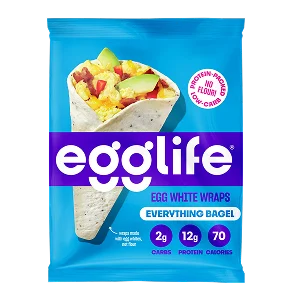
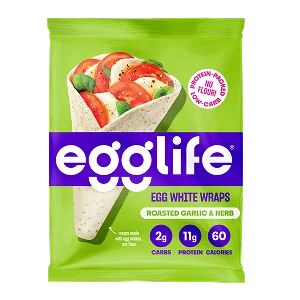
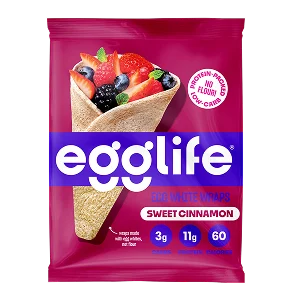
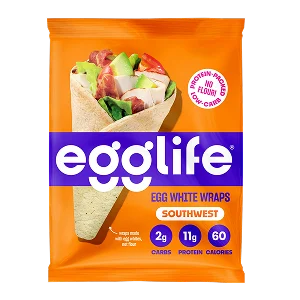
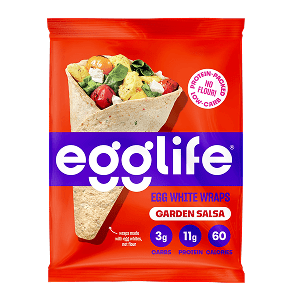
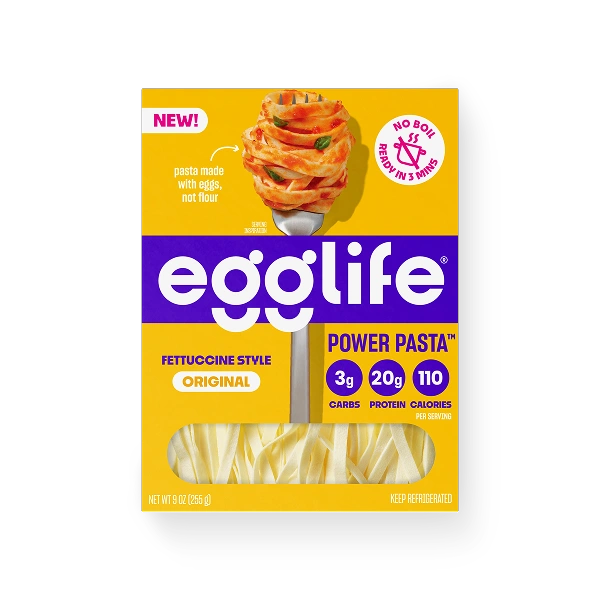
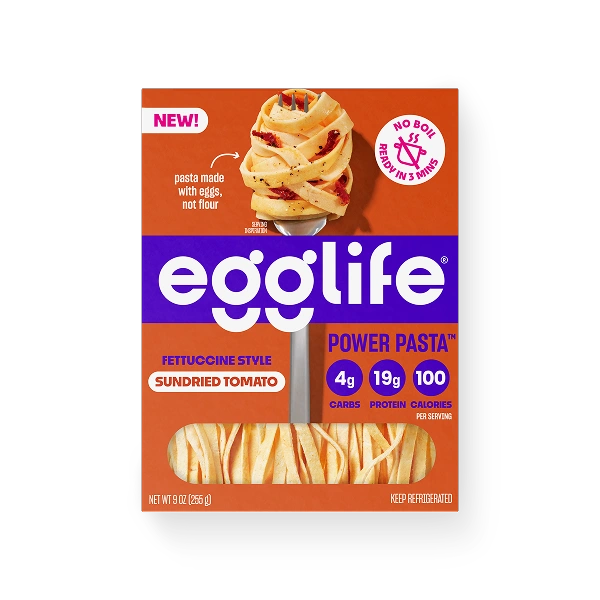



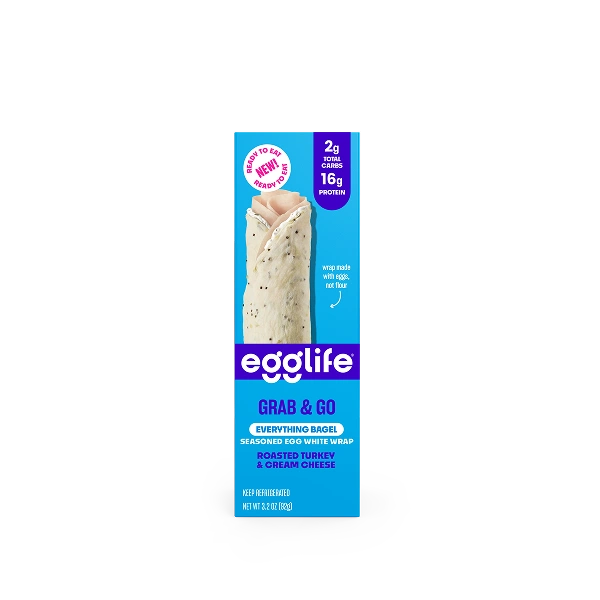












%20(1).webp)
%20(1).webp)



